
The Delta variant, first detected last July, is now recognized as the most common lineage of the coronavirus, the Department of Health (DOH) announced in an online press briefing lastSeptember 20, Monday.
“Of the 12,530 samples sequenced assigned with a lineage as of Sept 18, 24.2 percent of samples were positive for the Delta variant,” said Health Undersecretary Maria Rosario Vergeire.
“This variant is now the most common lineage among sequenced samples as of the latest whole-genome sequencing run,” she added.
The nationwide tally of the highly-transmissible Delta variant reached 3,027 out of the 12, 530 sequenced samples after 319 new cases were detected.
Among the newly detected Delta variant cases, Cagayan Valley has the most number with 40 cases listed. Caraga comes second with 31 cases, Calabarzon with 26, and both Ilocos Region and NCR with 24. Eighteen of the new cases were traced to returning overseas Filipinos.
Meanwhile, the Beta variant is the second most common variant, making up 21.8 percent of the sequenced samples. The Alpha variant is reported to have 19.6 percent of its samples as positive; whereas 0.02 percent were positive for the Gamma variant. One sample was positive for the Lambda variant. So far, the Philippines has detected two cases of the Gamma variant.
The variants of concerned cases comprise 97.7 of sequenced samples last August as nine Beta variants and 13 Alpha variants were recorded in the last sequencing run, according to DOH.
“Such populations or areas include samples belonging to clusters, severe or critical cases, admitted cases, samples from areas with sudden increase in COVID-19 cases, fully vaccinated individuals, and cases from returning overseas Filipinos. Infections from these populations are more likely to be associated with variants of concern,” said Vergeire.
While mass testing, and contact tracing remain meager, a total of 18,937 new cases were reported on Monday, the total COVID-19 recorded cases of the country peaking at 2,385,616. The health crisis continues to worsen as health workers are overworked yet underpaid. Instead of allocating resources and funds properly to resolve the pandemic, there has been strong evidence of corruption and laundering.
Currently, the Senate Blue Ribbon committee is investigating Pharmally Pharmaceutical Corp. which had a P8.7-billion procurement contract with the Palace, despite having controversial qualifications.�
One of the executives under investigation is President Duterte’s former economic adviser, Michael Yang, who denied financing the questionable company. This statement was then refuted as it was stated by Pharmally president, Huang Tzu Yen, that Yang had funded some of the company’s purchases.
Critics note that there is an evident motive both by Yang and by the government to claim the exceedingly large amount of money, supposedly for the country’s COVID response, for themselves.
Yang has been issued an arrest warrant; however it is yet to be served.
Featured image courtesy of Xinhua.

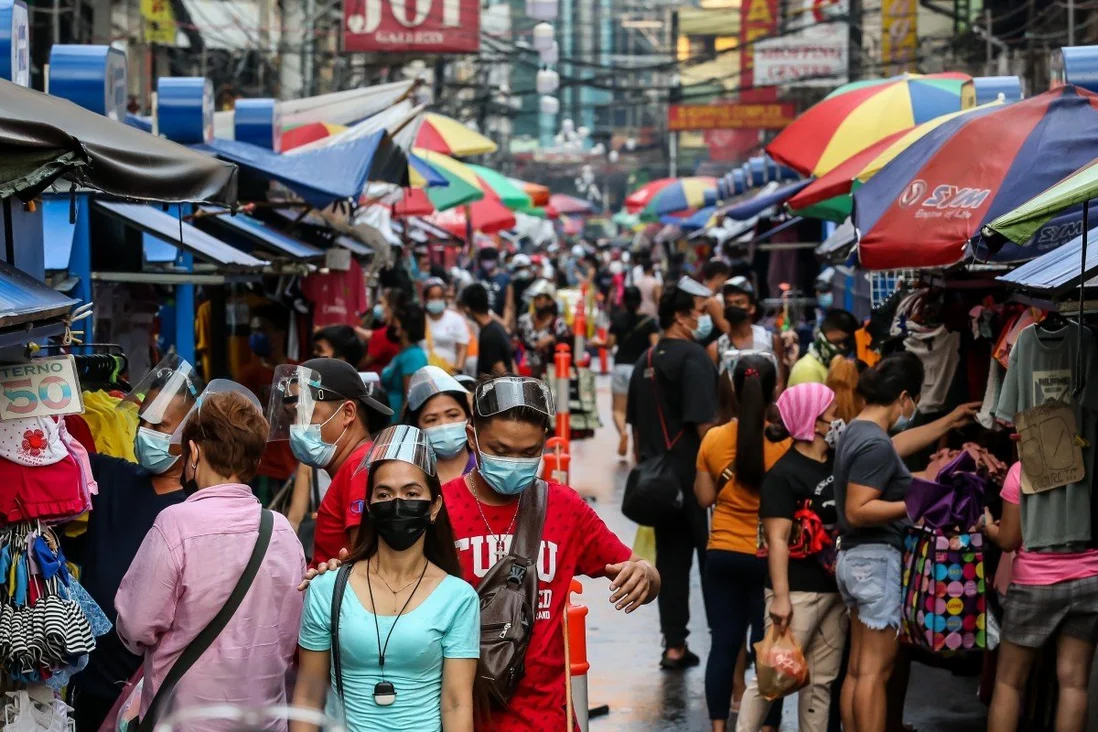

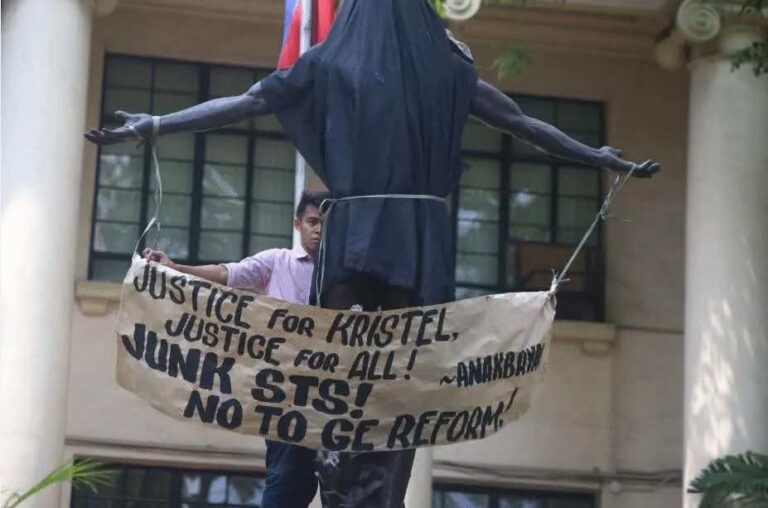
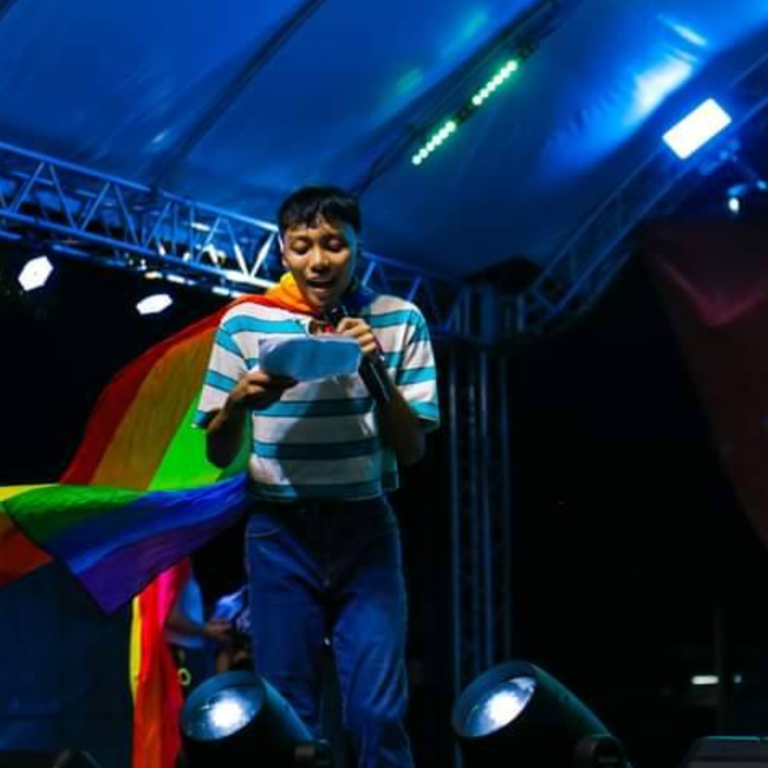
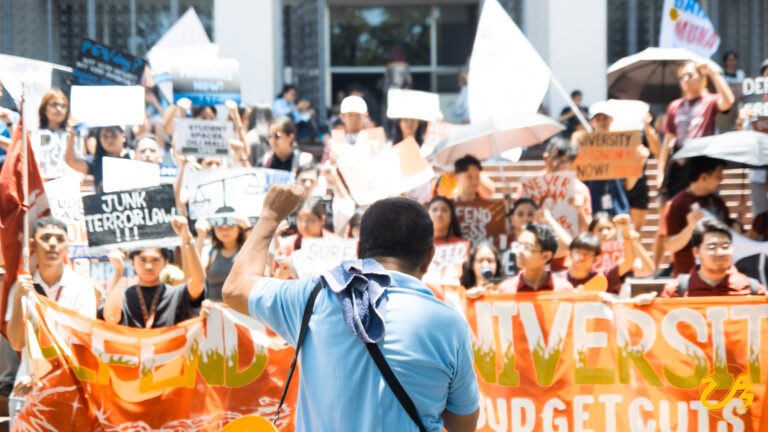
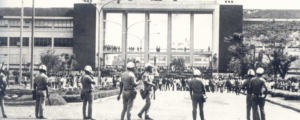

Needed to send you this very small remark just to give many thanks again for these breathtaking tricks you have contributed on this page. It’s certainly shockingly open-handed with you giving freely exactly what a few people would have advertised for an e book to make some dough on their own, most notably considering that you could have tried it in case you considered necessary. The tactics also served to be a fantastic way to comprehend other individuals have the identical eagerness similar to mine to learn a great deal more concerning this matter. I’m sure there are some more enjoyable situations in the future for individuals who scan your blog post.